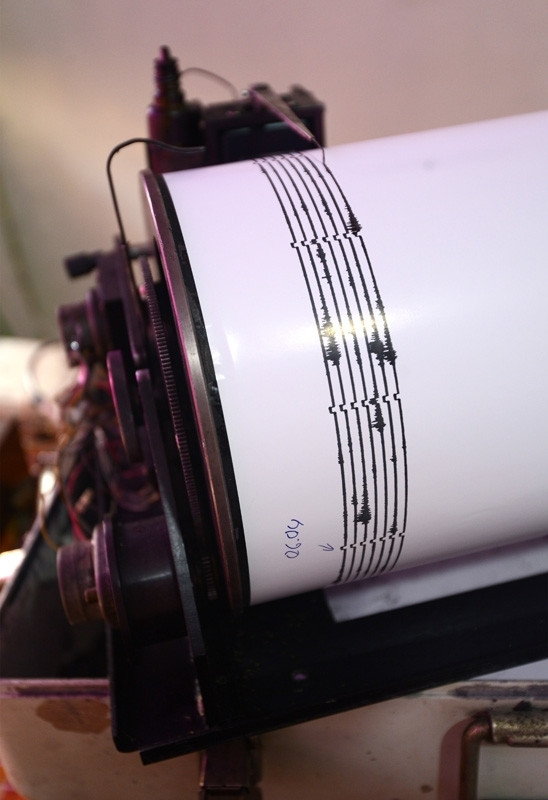Ice quake? Unexplained loud bang shakes Canadian village
Ice quakes occur when rapid drops in temperature cause water in the ground to freeze.

Earlier this week (1 January), residents of Alberta Beach, a lakeside village in Alberta, Canada, reported hearing a loud, mysterious bang, as well as crashing and creaking noises overnight. They awoke in the morning to find cracks in the ground and damage to their homes.
"I slept through it. I had people phoning me saying they'd heard it at 1:30 am and they thought there was an explosion somewhere," Jim Benedict, the mayor of Alberta Beach. told Canadian Press.
While it is unclear what caused the noises, the Alberta Energy Regulator (AER) confirmed that two seismic events took place in the area late Monday night, measuring around 2.0 in magnitude.
"Likely though, because all these areas were undergoing the same temperature changes [and] they all happen to be nearby lakes, it's probably the same mechanism causing it," Ryan Shultz, an AER seismologist, told Global News.
This has led officials to speculate that the noises may have been caused by some kind of 'ice quake' – or cryoseism – which can occur when there is a rapid drop in temperature, often near bodies of water such as lakes and rivers where the water table is high.
As temperatures drop, water in the ground freezes. Because it has nowhere to go, it creates cracks in the rock or soil, resulting in loud noises and shaking.
In the last few days the temperature has varied significantly at Alberta Beach, ranging between lows of -28 °C and highs of -6 °C on Monday.
However, further investigations will need to take place before scientists can provide conclusive answers about the incident.
Ice quakes are not unheard of in Canada, however, unlike traditional earthquakes, their effects are very localised and diminish rapidly with distance.





















